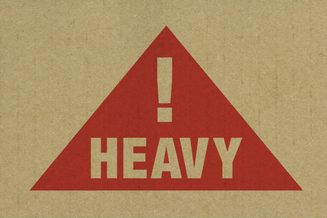Let me be clear – I don’t mean to belittle or dismiss the toddler’s fear. He is not making up his perception. He sees a real shape on the ground that pursues him. He just misunderstands the truth about that shape. The truth is that he needn’t run. The truth is that nothing needs to change for him to be safe right now.
Similarly, when I used to feel sensations of pain, fear, or shame, I used to think they were real in the sense that they indicated real and threatening things in my life. How else to explain my feeling threatened if not for there being something threatening – to run from, battle, or control? (Note: I’m not saying there’s no such thing as damaging behavior to protect one’s self from.)
Like the shadows, I still see and perceive pain. I’m not imagining the feelings. But I now know something about them I didn’t know before. I’m less inclined to run or battle or control them. I’m super grateful for this.
And I see that as tangible as our perceptions are, like all toddlers we, too, are prone to misunderstanding them. There is no lecture or imparting of information to offer a toddler who’s gripped by fear of his own shadow. There is love, acceptance, and deep trust that as real and painful as his fear is, he is safe right now. This will aid him to see a deeper truth sooner than later.










 RSS Feed
RSS Feed